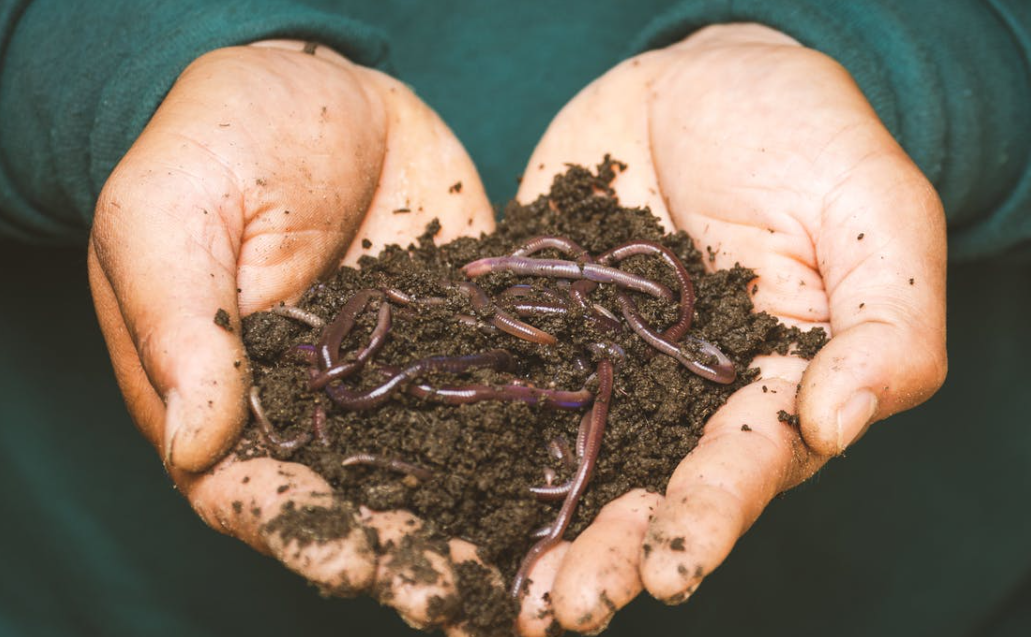Do you often feel down about yourself? Do you find that you can’t seem to shake the feeling of self-doubt no matter what you do? If so, you’re not alone. Millions of people struggle with low self-esteem every day. Fortunately, there are steps that you can take to boost your self-esteem and feel good about yourself again. Using tips from RX Review, we will discuss some tricks for improving your self-esteem.
Stop Doubting Yourself
We know that it’s easier said than done, but one of the most important things you can do for your self-esteem is to stop doubting yourself. When you have doubts about your abilities, it chips away at your confidence and makes you feel less capable. So, instead of doubting yourself, try to think positive thoughts. Focus on your strengths and accomplishments, and remind yourself that you are capable of great things.
Talk to Yourself Like a Friend
When you’re feeling down about yourself, it’s easy to be your own worst critic. But if you wouldn’t say something mean to a friend, don’t say it to yourself! Be gentle with yourself, and avoid putting yourself down. Talk to yourself like you would talk to a friend, and try to be understanding and supportive.
Focus on the Present
 It’s easy to get caught up in negative thoughts about the past or worries about the future. But dwelling on these things will only make you feel worse. Instead, focus on the present moment. What is something that you can do right now to make yourself feel better? Maybe you can take a relaxing bath or go for a walk in nature. Or perhaps you can reach out to a friend for support. Whatever it is, focus on the here and now and let go of the past and future.
It’s easy to get caught up in negative thoughts about the past or worries about the future. But dwelling on these things will only make you feel worse. Instead, focus on the present moment. What is something that you can do right now to make yourself feel better? Maybe you can take a relaxing bath or go for a walk in nature. Or perhaps you can reach out to a friend for support. Whatever it is, focus on the here and now and let go of the past and future.
Accept Yourself
One of the most important things that you can do for your self-esteem is to accept yourself. You are imperfect, and that’s okay! Everyone has flaws and makes mistakes. What matters is that you learn from your mistakes and try to be the best person that you can be. It will be easier to feel good about yourself when you can accept yourself, warts and all.
Don’t Be Afraid of Failure
Failing is a natural process of learning and growing. But if you’re afraid of failure, it will be challenging to boost your self-esteem. So instead of being afraid of failing, embrace it. Learn from your mistakes, and use them as a springboard for success.
These are just a few tips for boosting your self-esteem. If you find that your self-esteem is still low, it may be time to seek professional help. A therapist can provide you with additional tools and support for improving your self-esteem. So don’t be afraid to reach out for help if you need it. You deserve to feel good about yourself, and there is no shame in seeking the assistance of a professional. With the right help, you can boost your self-esteem and feel good about yourself again.…



 Worms can eat through vermiculture, more commonly known as worm composting. This is when worms and other microorganisms break down organic matter into a nutrient-rich soil amendment.
Worms can eat through vermiculture, more commonly known as worm composting. This is when worms and other microorganisms break down organic matter into a nutrient-rich soil amendment. Worms are hermaphrodites, meaning that each worm has both male and female reproductive organs. To reproduce, two worms must pair up and mate.
Worms are hermaphrodites, meaning that each worm has both male and female reproductive organs. To reproduce, two worms must pair up and mate.